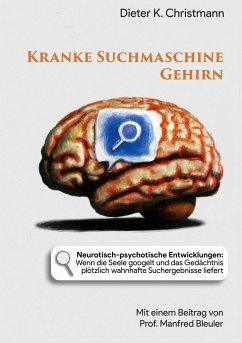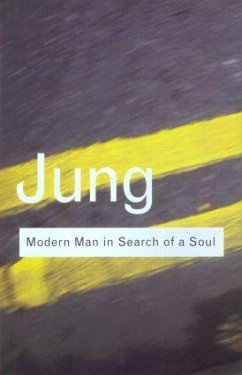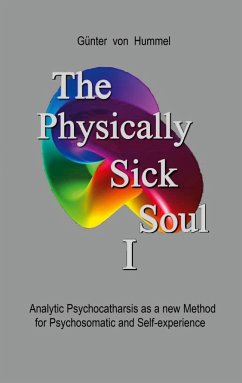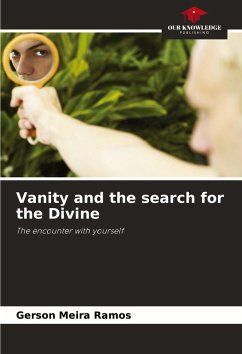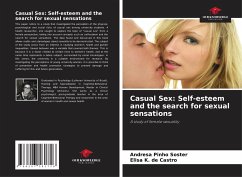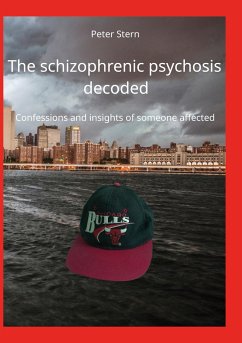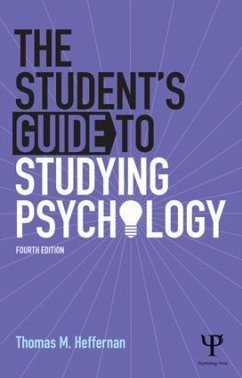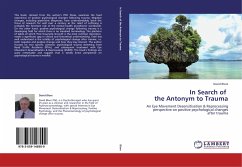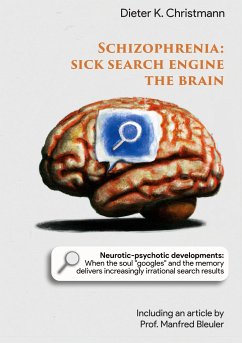
Schizophrenia - Sick search engine the brain
Neurotic-psychotic developments: When the soul "googles" and the memory delivers increasingly irrational search results

PAYBACK Punkte
0 °P sammeln!
The fundamental work for a new psychological understanding of schizophrenic disorders: A cognitive theory of neuroses based on memory psychology for the first time leads to the knowledge of neurotic-psychotic developments as a result of the Overencoding of irrational neurotic attitude structures in memory. They lead to one-sided search processes in the memory and provoke extremely irrational (delusional) processing errors and further overneurotic changes in the thinking, feeling and acting of the schizophrenic. A comparison with the disturbable artificial intelligence of an Internet search eng...
The fundamental work for a new psychological understanding of schizophrenic disorders: A cognitive theory of neuroses based on memory psychology for the first time leads to the knowledge of neurotic-psychotic developments as a result of the Overencoding of irrational neurotic attitude structures in memory. They lead to one-sided search processes in the memory and provoke extremely irrational (delusional) processing errors and further overneurotic changes in the thinking, feeling and acting of the schizophrenic. A comparison with the disturbable artificial intelligence of an Internet search engine serves to illustrate memory-psychological connections. A four-stage psychotherapy of schizophrenic disorders based on the Overencoding theory is presented in contrast to conventional neurosis therapy and discussed in an article by Prof. Manfred Bleuler.




